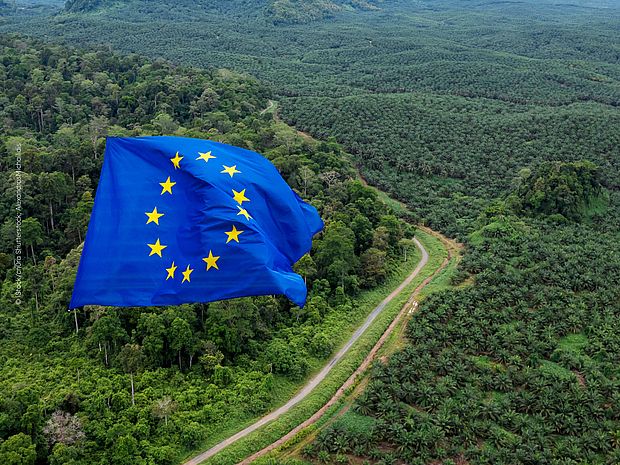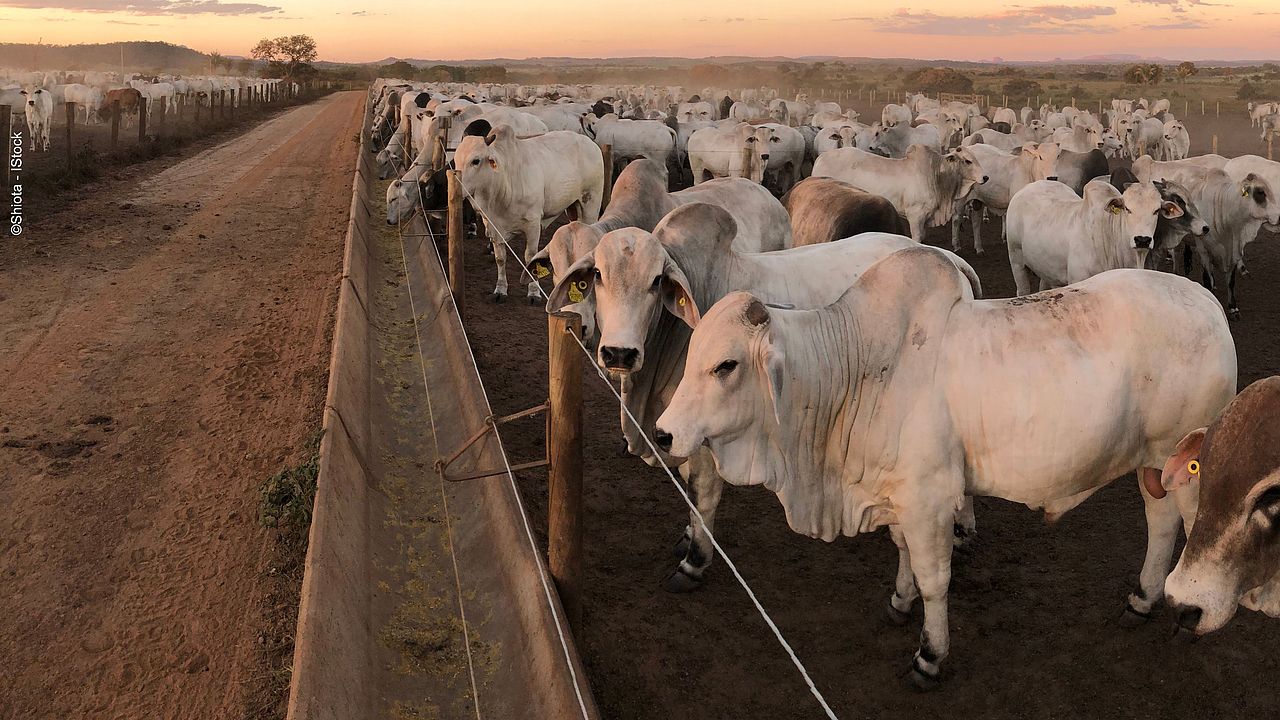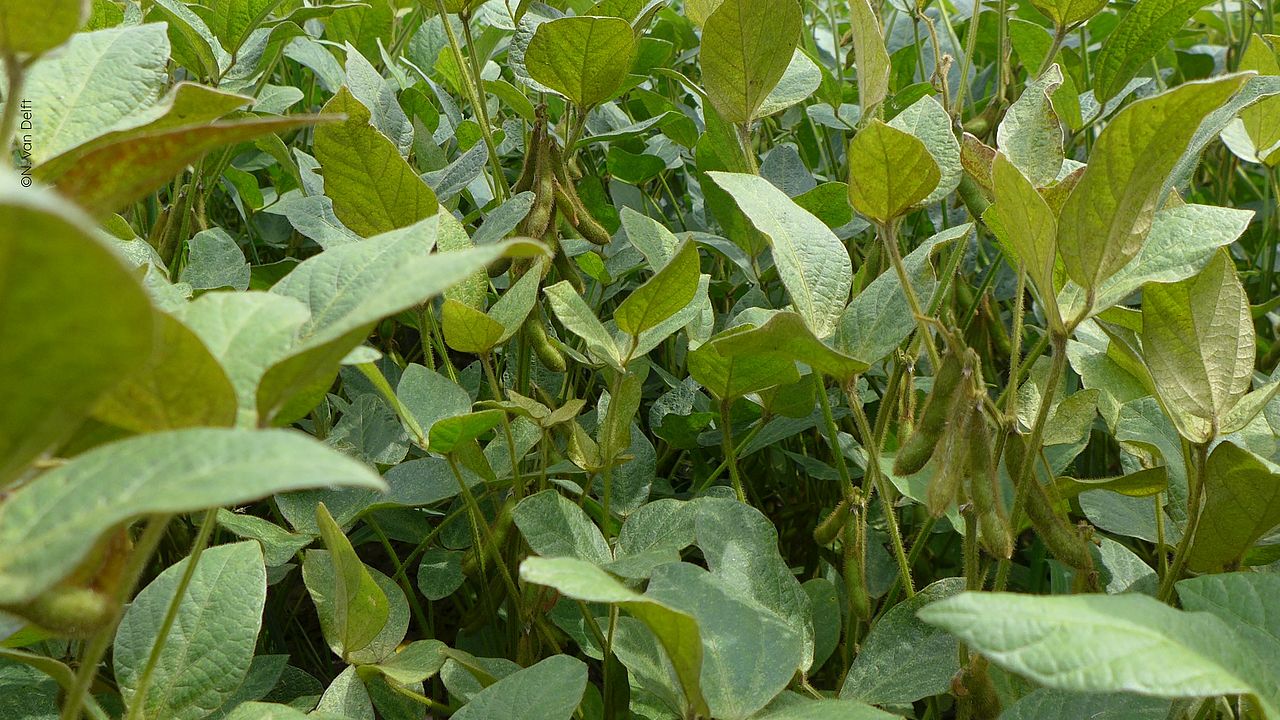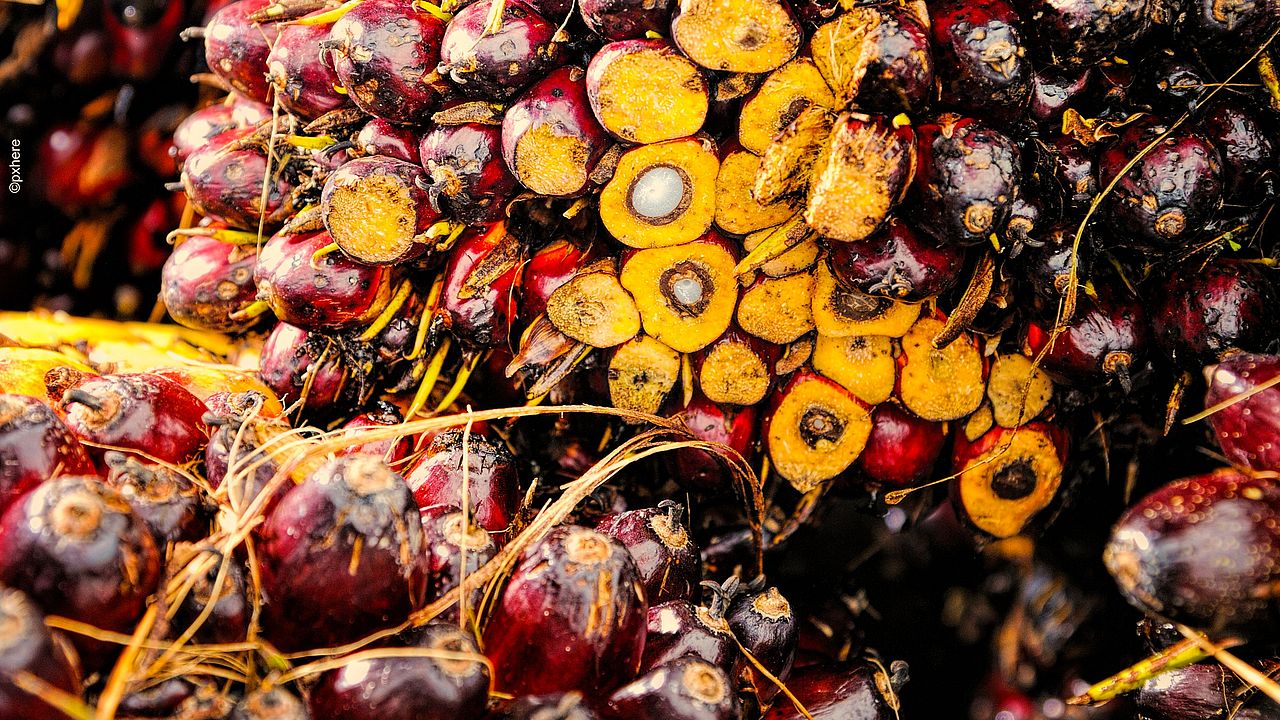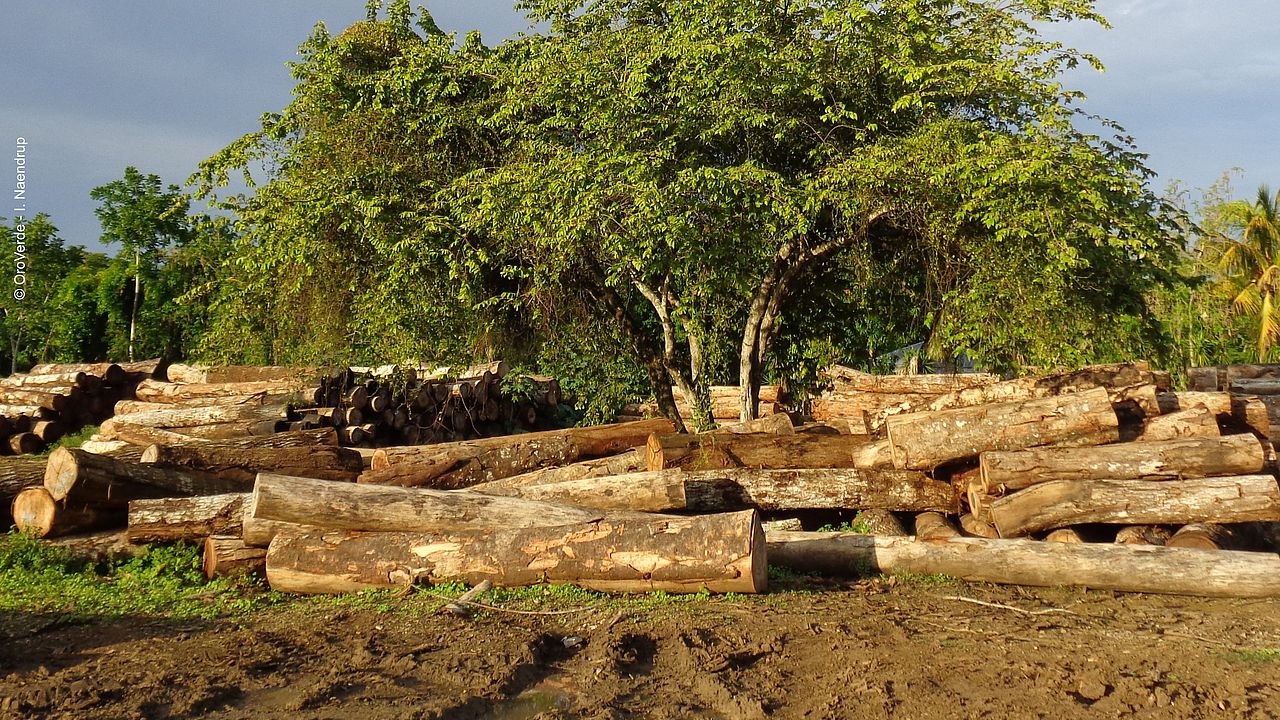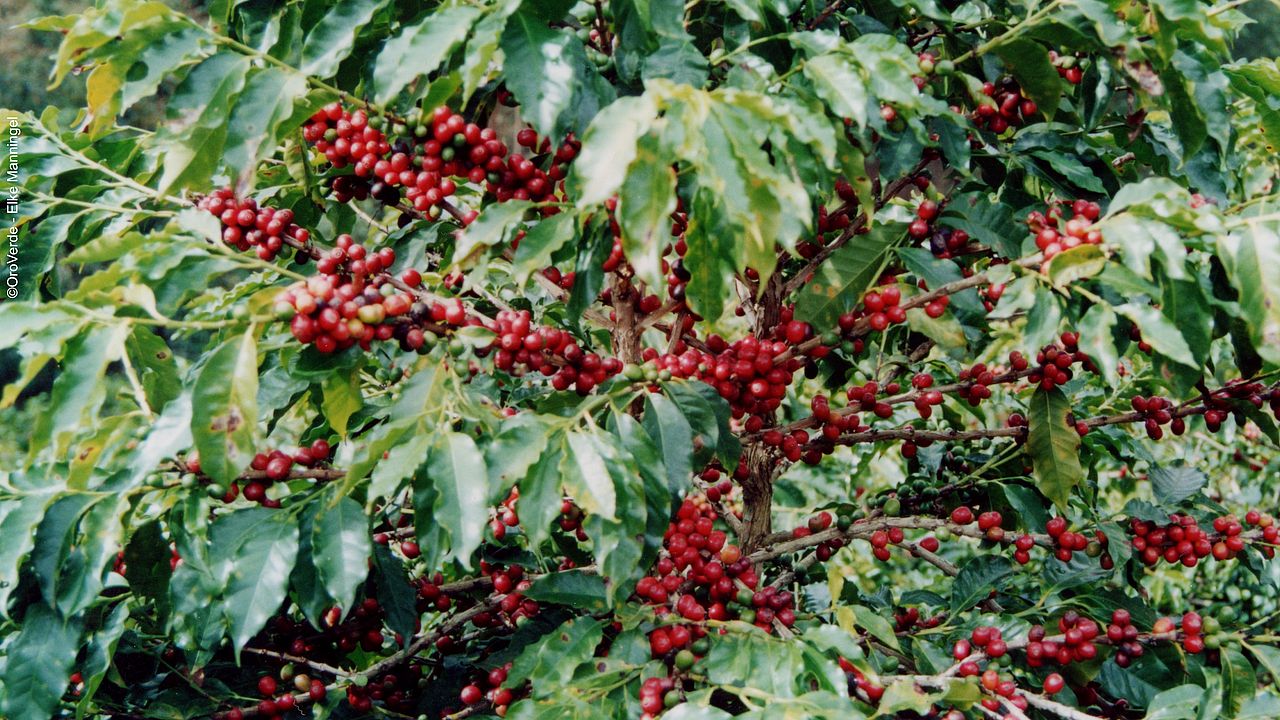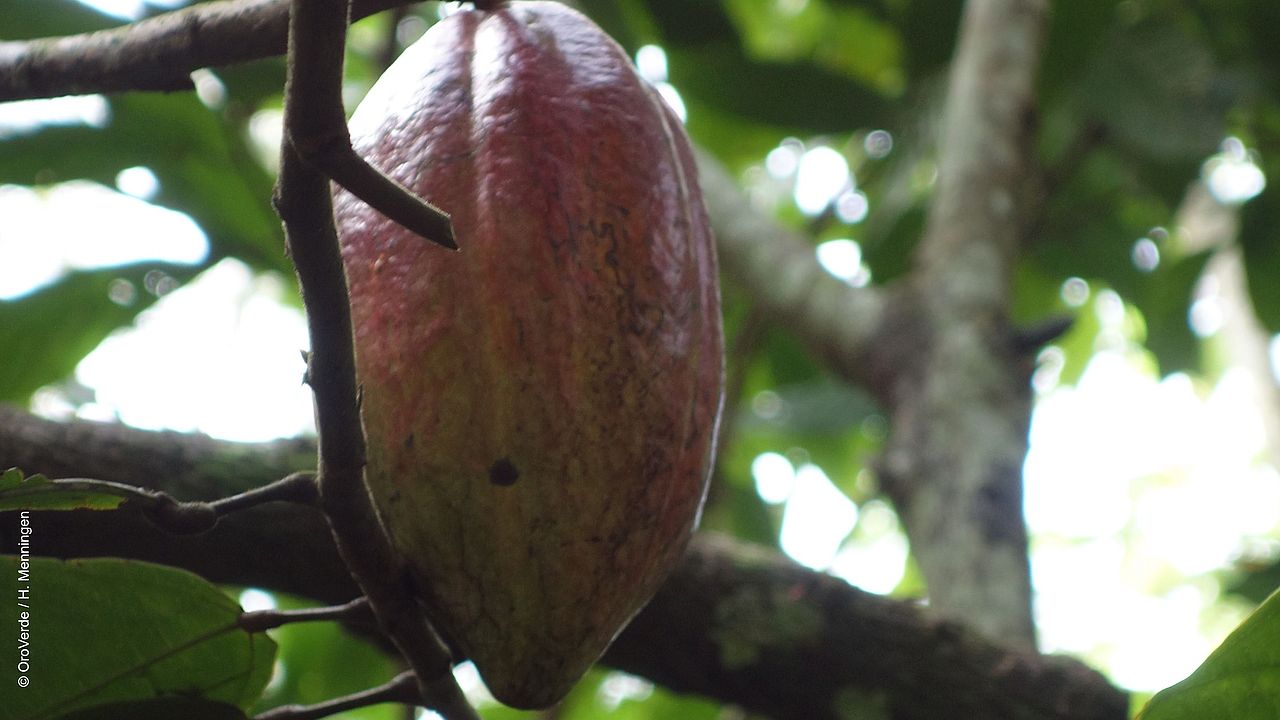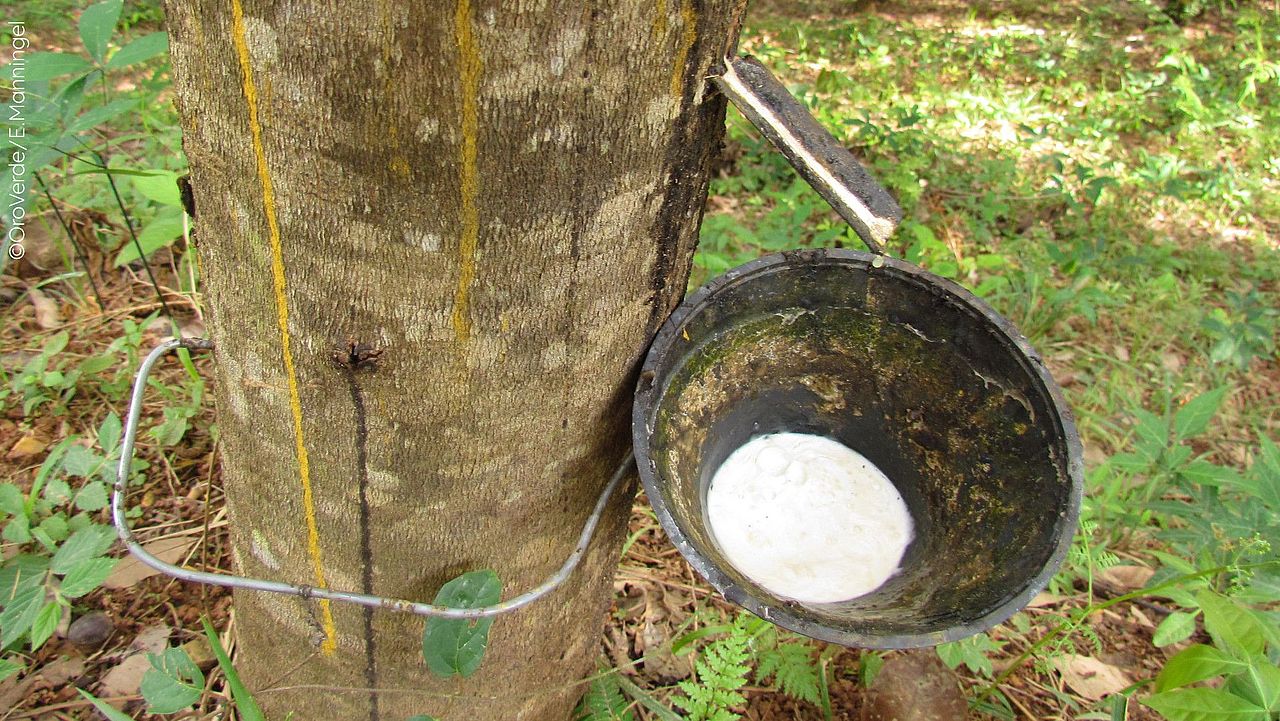The aim of the new EU regulation, which will come into force at the end of June 2023, is to reduce the flow of products into the EU market that are linked to deforestation, forest degradation and the illegal displacement of local populations at the beginning of supply chains.
EUDR sets a sprint in the history of EU regulations
After years of work by political groups and stakeholders - and not least thanks to the successful Europe-wide #TogetherforForests petition - the EU Commission presented a draft law on deforestation-free supply chains in November 2021.
Both the EU Council and the EU Parliament officially voted positively on this text, so that the law came into force at the end of June 2023. Large companies must therefore implement the requirements by December 2024 at the latest, while small companies have additional six months to do so. After two years, important points are reviewed which provides a good opportunity for improvement of this important law.
The stricter EUDR replaces the EU Timber Regulation EUTR
The EUDR will replace the EU Timber Regulation (EUTR), which came into force in 2010. The EUTR banned the import of illegally produced timber or timber products into the EU and their production in EU countries for the first time. Importers were obliged to provide evidence of the legally harvested timber by means of a due diligence obligation. The EUTR was an important first step towards reducing the risk of importing illegal timber products.
What is the EUDR about?
The regulation on deforestation-free supply chains is known as the EUDR (EU Deforestation Regulation). EU Regulation 2023/1115, which prohibits the trade of raw materials and products that cause deforestation and forest degradation, came into force on June 29, 2023. Specifically, the EUDR concerns the commodities beef, soy, palm oil, wood, coffee, cocoa and natural rubber. The regulation affects both the import and export of these commodities and their products to the EU market.
An elementary aspect of the EUDR is that not only illegal deforestation is excluded, but deforestation in general, i.e. also deforestation that would be legal in the country of production. Per definition deforestation-free products are those that are produced on areas that were not deforested after December 31, 2020, or for which no forest degradation has taken place after December 31, 2020. Forests are defined according to the official FAO definition. The product must also have been produced in accordance with the relevant legislation of the country of production - including environmental, human and labor rights. Possible land rights of indigenous peoples and local communities on the production areas must be identified and their consent clarified by means of free, prior and informed consent (FPIC) if necessary.
The EUDR deals with these risk resources
Understanding Company Obligations and Due Diligence Requirements under the EUDR
When the EUDR refers to “operators”, this means the companies that first place the EUDR commodities or products made from them on the EU market. If they are not micro-enterprises or natural people, these companies are obliged to comply with the full due diligence obligation. However, the scope of the due diligence obligation through risk analysis and any mitigation measures always depends on the country of origin of the commodities. Traders who are not SMEs must also comply with the full due diligence obligation. In addition, traders and operators must assume the due diligence obligations of micro-enterprises or natural people if they pass them on to them.
If the traders are SMEs, they do not need to carry out their own due diligence. However, they must provide information for the commodities they trade on the EU market to prove that the goods have been produced without deforestation and in accordance with the legislation of the country of production. To this end, they must collect information on buyers and sellers and be able to provide the reference number of the due diligence statement when purchasing. All stakeholders must store the information collected for five years.
Important: Every company is responsible for the due diligence statement, whether they carry out the declaration themselves or it has been passed on to them.
The EUDR introduces what is known as country benchmarking, which the EU Commission intends to publish by 30.12.2024 at the latest. Initially, all countries will be assigned a normal risk. Based on assessment criteria that take quantitative, objective and internationally recognized data into account, a distinction will be made in the future between countries (or parts of countries, where applicable) with a low and a high risk. Three criteria are particularly important here: the extent of deforestation in the country, the conversion rate to agricultural land and the production trends of recent years.
Based on the classification in one of the three risk levels - low, standard and high - the scope of inspections by the authorities should vary accordingly. For companies, the requirements will only change if they source goods from a low-risk country: In this case, it must carry out a less extensive risk analysis - but the precise knowledge of the origin of the commodities and the associated exclusion of deforestation and illegal practices remain.
In a three-stage due diligence process, operators and traders that are not SMEs must carry out due diligence in accordance with the EUDR. Only when a company has completed the required steps of the due diligence process and has concluded that there is no or only a negligible risk of deforestation the company will be allowed to place the product on the Union market or to export it.
The first step in the due diligence process is the collection of information, which is mandatory for all operators and all traders that are not SMEs. In addition to the description of the commodities, the origin of the commodities must be explicitly stated, for example by using geo-coordinates. Furthermore, there must be sufficient information that the goods have been produced without deforestation and in accordance with the relevant legal provisions of the country of origin.
The second step of the due diligence process involves a comprehensive risk assessment for all operators and non-SME traders who source commodities from countries with standard or high risk. They must check the commodities on various criteria, including concerns regarding the non-compliance of the commodities with the EU regulation. The risk assessment must be repeated annually. It is not due to this extent if the purchased commodities originate from a low-risk country. However, two criteria must also be checked for low-risk countries: the complexity of the supply chain and the risk of circumvention and mixing. If there are generally justified indications that the commodities may not be EUDR-compliant, a full risk analysis is also required for commodities from low-risk countries. Any information that the commodities may not comply with the requirements stipulated in the regulation must be followed up. The risk assessment must show that there is no or only a negligible risk of deforestation.
If the risk assessment has shown that deforestation risks exist, risk mitigation measures must be implemented in a third step. This may include requesting further information or documentation, collecting data independently, verifying data on site or supporting producers with the implementation of the EUDR. For this review a comprehensive risk management system with suitable risk mitigation strategies and control proceduresis necessary. Annual independent audits and a compliance officer must also be able to be verified by operators and large traders.
If risk mitigation measures have been implemented and reduced to a negligible level, the due diligence statement can be submitted, and the commodities can be placed on the European market. The risk mitigation measures must be documented, reviewed annually and adjusted if necessary.
The EUDR is to be continuously reviewed by the EU Commission for its effectiveness and adapted if necessary.
Two years after the regulation comes into force, the EU Commission will carry out an impact assessment to examine whether the regulation should also apply to other ecosystems. One review is looking at ecosystems that fall under the FAO definition of “other wooded land” - which would protect other biodiverse and endangered landscapes from deforestation for EU consumption. The other examination looks at other ecosystems such as savannahs, wetlands and peatlands should be protected with the help of the regulation. The inclusion of additional high-risk raw materials and products such as maize or biofuels will also be examined. In addition, the Commission will assess by then whether financial institutions should also be made liable via the EUDR. The aim is to prevent the financial sector from further promoting deforestation via loans and investments in forest-damaging companies.
An initial general review will take place five years after entry into force. This will then be repeated every five years. In the first review, a report on the impact of the regulation on producer countries and in particular on smallholders, indigenous peoples and local communities is to be submitted to the EU Parliament and Council. It will also be examined whether additional trade facilitation instruments are necessary for producer countries. An additional, important aspect is also included in the first general review: the possible shift in trade flows, which could mean possible attempts at circumvention.
Questions about the topic?

Nathalie Schynawa
+49 228 24290-40
nschynawa[at]oroverde[dot]de
Photo credits: Center for International Forestry Research - Wildscreen Exchange (Title, Road through rainforest), iStock/cnOra Shutterstock: AlexandrosMichailidis (EU Flag), OroVerde - E. Mannigel (Deforestation in the rainforest for agriculture, coffee cherries, rubber), IStock (cattle), OroVerde - ND (Soya), pxhere (Palm oil), OroVerde - I. Naendrup (Wood), OroVerde - H. Mennigen (Cocoa)


